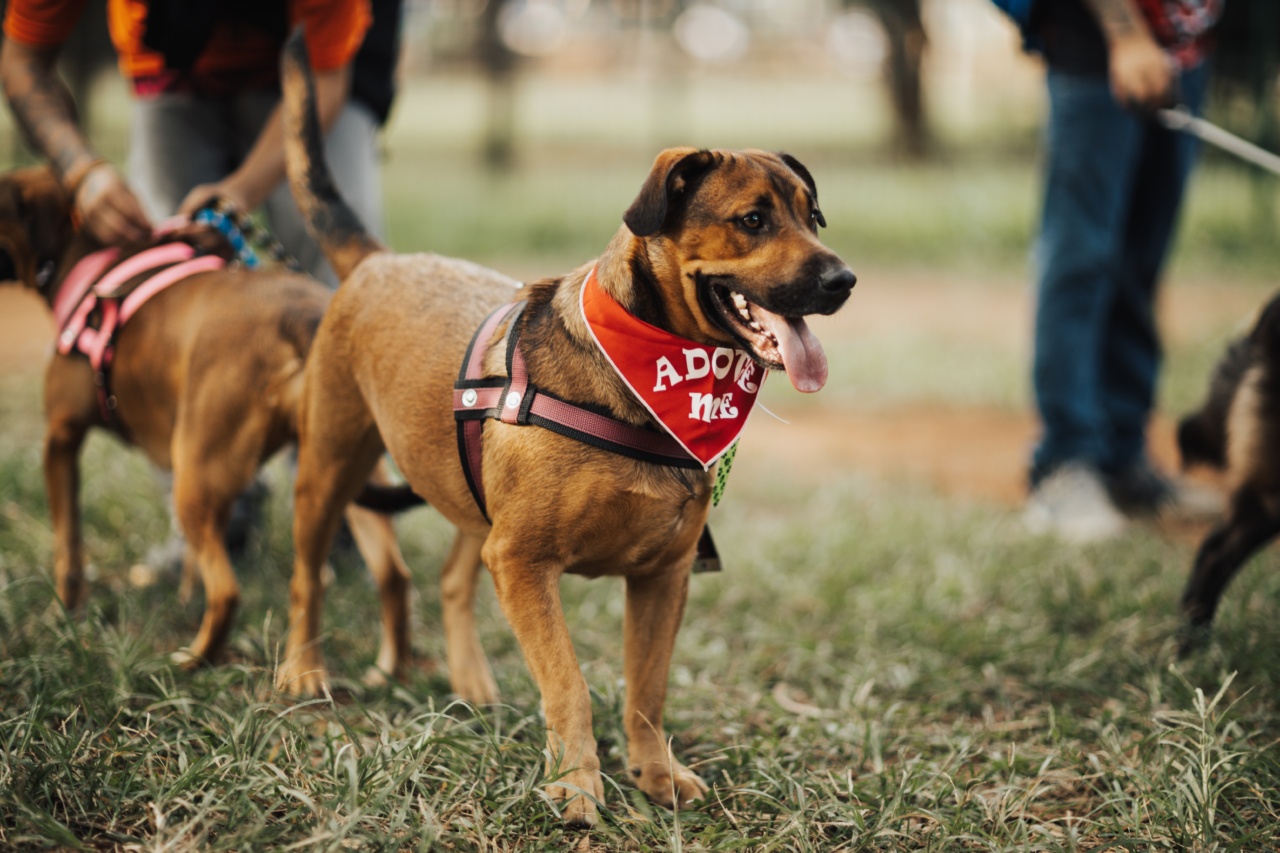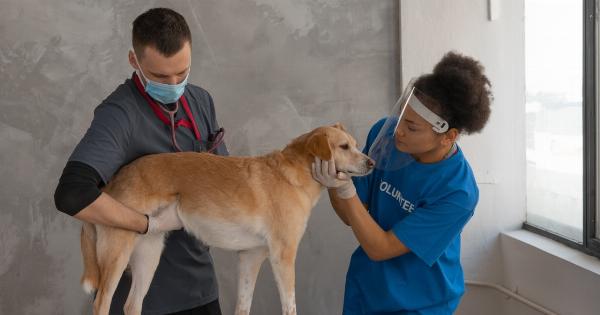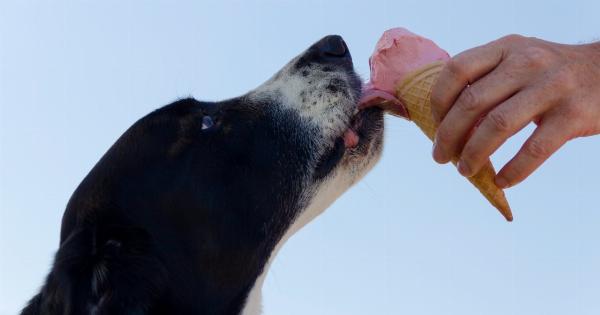Vegetarianism has become increasingly popular in recent years, with more and more people adopting plant-based diets for health, ethical, and environmental reasons. But what about our pets? Can dogs and cats also benefit from a vegetarian diet?.
Can Dogs and Cats Be Vegetarian?
While both dogs and cats are classified as carnivores due to their anatomy and nutritional needs, it is technically possible for them to survive on a vegetarian or vegan diet with careful planning and supplementation.
However, it is important to note that this type of diet is not suitable for all dogs and cats, and should only be undertaken with the guidance of a veterinarian or animal nutritionist.
Benefits of a Vegetarian Diet for Dogs and Cats
There are several potential benefits to feeding your dog or cat a vegetarian diet, including:.
Reduced Risk of Health Problems
Studies have shown that vegetarian diets may offer health benefits for dogs and cats, including reduced risk of obesity, heart disease, and certain types of cancer.
A vegetarian diet can also help improve skin and coat health, promote healthy digestion, and reduce inflammation.
Environmental Sustainability
Dogs and cats have a significant environmental impact due to the large amount of meat consumed in their diets. By feeding your pet a vegetarian diet, you can reduce their carbon footprint and contribute to a more sustainable food system.
Ethical Considerations
Many people choose a vegetarian diet for ethical reasons, such as the desire to avoid supporting the meat industry or to reduce animal suffering. By feeding your pet a vegetarian diet, you can extend these ethical considerations to your furry friends.
Challenges of a Vegetarian Diet for Dogs and Cats
While there are potential benefits to a vegetarian diet for dogs and cats, it is important to note that this type of diet can also present some challenges. These include:.
Limited Availability of Complete and Balanced Vegetarian Diets
It can be difficult to find commercial pet foods that provide all of the nutrients that dogs and cats need on a vegetarian diet. Supplementation is often required to ensure that your pet gets all of the necessary vitamins, minerals, and amino acids.
Digestive Issues
Cats, in particular, are strict carnivores and have a very short digestive tract designed to digest meat. Feeding them a vegetarian diet can lead to digestive issues such as vomiting, diarrhea, and constipation if not carefully managed.
Difficulty in Meeting Protein Requirements
Dogs and cats require a high amount of protein in their diets to thrive, and this can be more difficult to achieve on a vegetarian diet.
Protein sources like soy and legumes can be used, but it may be challenging to ensure that your pet is getting enough.
Conclusion
A vegetarian diet can offer potential benefits for dogs and cats, including reduced risk of health problems, environmental sustainability, and ethical considerations.
However, this type of diet should only be undertaken with the guidance of a veterinarian or animal nutritionist, as there are challenges to meeting nutrient requirements on a vegetarian diet for pets.






























